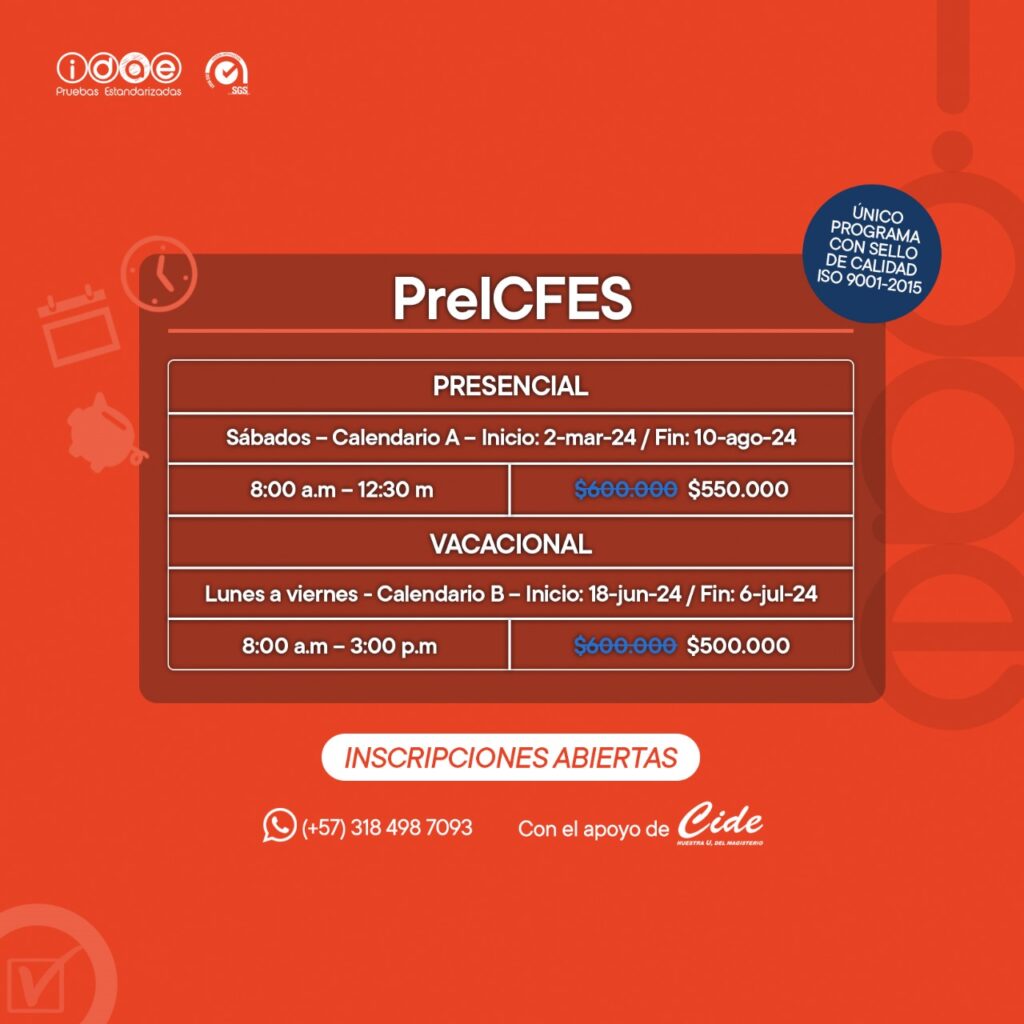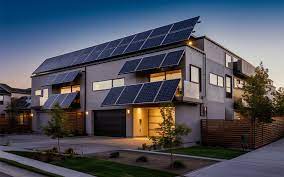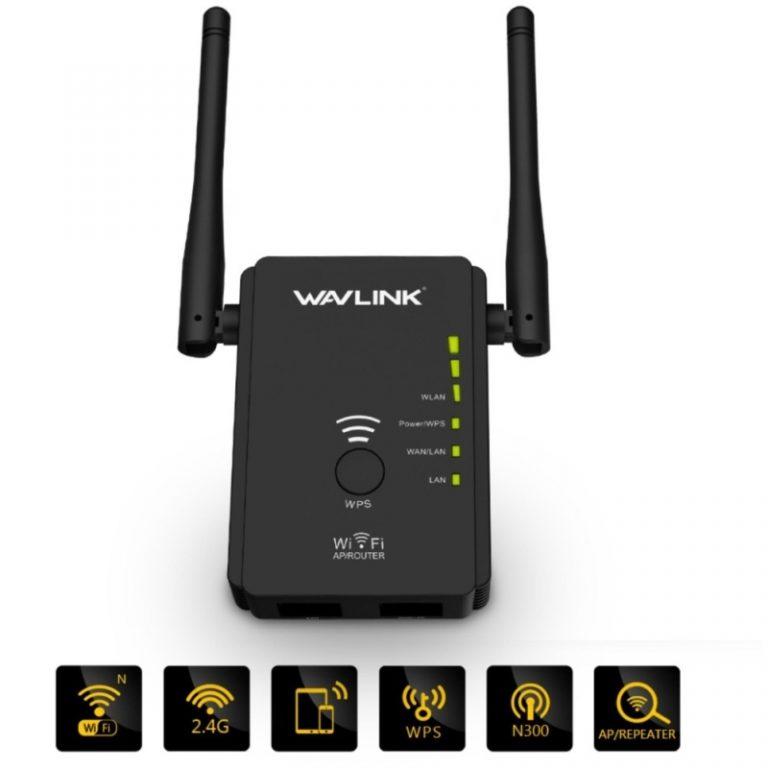In today’s world, where concerns about climate change, energy sustainability, and rising utility costs are at the forefront, understanding and managing residential energy consumption has become more important than ever. Residential energy usage encompasses the electricity, natural gas, and other fuels consumed within households for heating, cooling, lighting, cooking, and powering various appliances and electronics. The choices made by homeowners and renters regarding energy-efficient practices, appliance selection, and renewable energy sources can have significant impacts on both their monthly utility bills and the broader environment.
Residential energy consumption represents a substantial portion of total energy usage in many countries, making it a key target for energy conservation efforts and sustainability initiatives. From traditional single-family homes to multi-unit apartment complexes, residential properties present a diverse array of opportunities and challenges for reducing energy consumption and increasing efficiency. Efforts to address residential energy usage often focus on several key areas, including improving building insulation and weatherization, upgrading to energy-efficient appliances and lighting, implementing smart home technologies for automated energy management, and incorporating renewable energy systems such as solar panels and geothermal heat pumps. Additionally, education and outreach programs aimed at raising awareness about energy conservation practices and available incentives can empower homeowners and renters to make informed decisions about their energy usage.
Understanding Residential Energy
Residential Energy Solutions encompasses the electricity, natural gas, and other forms of energy used within households for various purposes, including heating, cooling, lighting, cooking, and powering electronic devices. It constitutes a substantial portion of overall energy consumption globally, making it a crucial focus area for sustainability efforts.
Challenges in Residential Energy Consumption
Energy Efficiency: Many homes are inefficient in their energy usage, leading to unnecessary wastage and higher utility bills. Poor insulation, outdated appliances, and inefficient lighting are common contributors to energy inefficiency.
Dependence on Fossil Fuels
A significant portion of residential energy solutions is derived from fossil fuels, contributing to carbon emissions and environmental degradation. Transitioning to cleaner energy sources is essential for mitigating climate change.
Affordability
Rising energy costs pose challenges for households, particularly those with limited financial resources. Balancing energy affordability with sustainability goals is a key consideration.
Behavioral Patterns: Consumer behavior plays a crucial role in energy consumption. Ingrained habits, such as leaving lights on or running appliances when not in use, contribute to unnecessary energy use.
Innovative Solutions for Sustainable Residential Energy
Energy-Efficient Appliances: Upgrading to energy-efficient appliances can significantly reduce electricity consumption. Energy Star-rated appliances consume less energy while providing the same level of performance, offering long-term cost savings. Smart Home Technology: The integration of smart home devices enables homeowners to monitor and control energy usage remotely. Smart thermostats, lighting systems, and power strips allow for optimized energy consumption based on occupancy and preferences.
Renewable Energy Integration
Installing solar panels or wind turbines on residential properties enables homeowners to generate clean, renewable energy onsite. Net metering programs allow excess energy to be fed back into the grid, providing financial incentives.
Home Energy Audits
Conducting energy audits helps identify areas of inefficiency within homes. Professional auditors assess insulation, air leakage, and appliance efficiency, providing recommendations for improvements.
Energy-Efficient Design
Implementing energy-efficient design principles in home construction and renovation projects can significantly reduce long-term energy consumption. Features such as passive solar design, high-efficiency windows, and proper insulation enhance Residential Energy Solutions Performance.
Behavioral Change Initiatives:
Educating homeowners about energy-saving practices and encouraging sustainable behavior changes can lead to significant energy savings. Simple actions such as turning off lights, unplugging electronics, and adjusting thermostat settings can make a substantial difference.
The Role of Policy and Regulation
Government policies and regulations play a critical role in shaping residential energy consumption patterns. Incentive programs, tax credits, and energy efficiency standards incentivize homeowners to invest in sustainable Residential Energy Solutions. Additionally, building codes and regulations mandate energy-efficient construction practices, driving innovation in the housing sector.
Conclusion
Residential energy consumption represents a pivotal area for addressing environmental challenges and promoting sustainability. By adopting energy-efficient technologies, integrating renewable energy sources, and fostering behavioral changes, homeowners can significantly reduce their environmental footprint while enjoying long-term cost savings. Moreover, collaborative efforts among policymakers, industry stakeholders, and consumers are essential for creating a conducive environment for sustainable residential energy solutions. As we navigate towards a more sustainable future, prioritizing energy efficiency and conservation in residential settings will play a crucial role in achieving our collective environmental goals.















